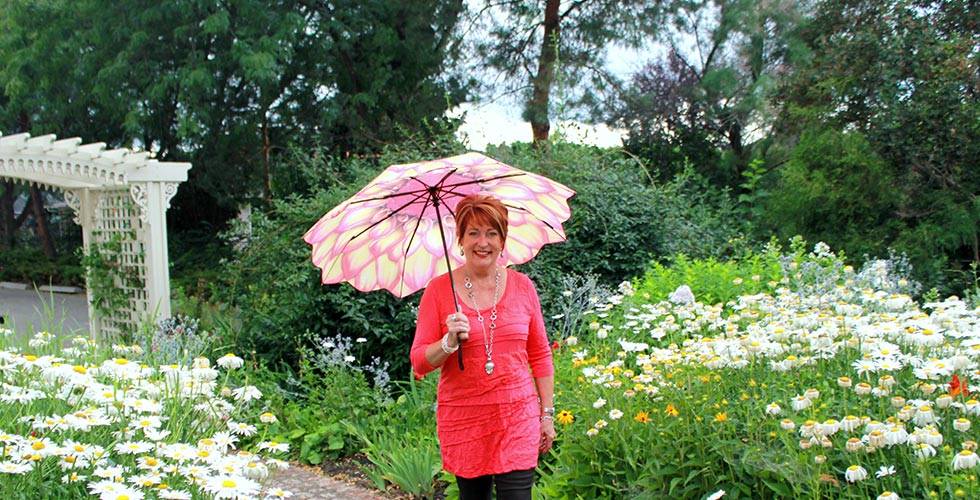Self-Compassion or Selfishness? – by Heidi McLaughlin
Posted: January 13, 2019
 In our present “me first” generation how do we separate selfishness from self-compassion? Haven’t our last few decades erupted with some self-entitled children, and a society that is enamoured with happiness at all costs? Where did we go wrong? After all, the only thing we wanted was a happy life and happy children with solid self-esteem.
In our present “me first” generation how do we separate selfishness from self-compassion? Haven’t our last few decades erupted with some self-entitled children, and a society that is enamoured with happiness at all costs? Where did we go wrong? After all, the only thing we wanted was a happy life and happy children with solid self-esteem.
Too often we felt the pain of disappointment and failure and wanted to protect our children from experiencing those devastating feelings at all costs. So everyone wins. Everyone gets a trophy. Yayy, you’re a winner and entitled to feel that way. We’ll do whatever it takes to make you happy again.
But, this creates selfishness.
Yes, it’s extremely important how we play the game, but the fact remains that life is also about losing. We have to learn to lose, to feel rejected and disappointed. We don’t always get our way, everyone doesn’t always like us and sometimes we fail miserably. We can’t protect ourselves from disappointment and suffering.
We must learn to have self-compassion.
I confess I am guilty. I hated to see my children disappointed or suffering and did whatever I could to make it better. They’re grown adults now and have experienced enough suffering to make them resilient. But I could have instilled more strength in their spirit in the early years of their life if I had let them experience more failure and doing without.
It’s especially hard for women to exercise self-compassion. This world can be a harsh place and we’re so hard on ourselves. But we will never have that perfect self-esteem, the world will always be flawed, and we will continue to have unfulfilled and unrealistic expectations of perfection.
Self-compassion is not self-pity, or selfishness.
The Bible tells us to: “…love our neighbour as yourself” (Luke 10:27 NIV). To love our neighbour is to show kindness and compassion for people who are suffering. Self-compassion recognizes that we are all flawed; it is a shared human condition. That kindness we show to others is also available to you and me. The moment we open our hearts to this understanding, the journey begins to morph us into a better person.
We don’t become better people by beating ourselves up when we fail, or judge the way we see ourselves. Everything is not always good or bad; we need to learn to accept life with an open heart. It’s OK to mess up, to grieve, to struggle with disliking someone, to feel irritated, to feel lonely and to not like our legs or our nose.
I’m trying not to judge the panhandler on the highway medium, or the overweight traveller that can’t fit into a seat on a plane. We are all so broken and flawed.
“There but for the grace of God go I.”
Research shows that people who are kind and compassionate are more satisfied with their lives, have better physical and mental health and have stronger relationships. [1]
Jesus looked at his people with “eyes of compassion.” If we say we are God’s children we are implored to look at the world through God’s eyes of love and compassion. The moment we actually see other humans as suffering, our hearts connect with them. So let’s do the same for ourselves. Our human portrait will never be perfect, let’s not shove it under the carpet and pretend it is. Let’s look into our mirrors with our distorted vision and give ourselves grace for the imperfect people that we all are.
We are all on a journey to become the best version that God had in mind when He placed you and me on this planet at this time and history of the world. Let’s not look down on others and elevate ourselves. That’s selfish.
Self-compassion is always there ready and waiting. Like a safe haven. Enter in.
QUESTION: “What is one thing you need to give yourself permission for self-compassion?”
[1]https://www.healthdirect.gov.au/acts-of-kindness-and-compassion







